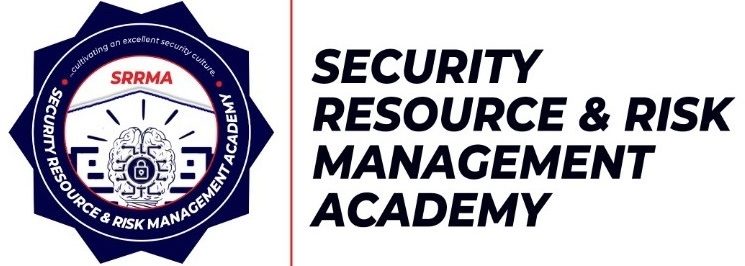Duration
10 Days / 2 Months
Pricing
- Self-Paced (₦300,000)
- Online (₦250,000)
- Onsite (₦300,000)
Course Information:
An elite certification program designed for IT security professionals seeking expertise in designing, implementing, and managing secure IT infrastructures. This course covers industry best practices and security concepts aligned with global security standards..
Practical Hands-On Training:
• Real-life emergency case studies
• Interactive crisis simulation exercises
• Best practices from global emergency response frameworks
Benefits from the Course:
• Certified Emergency Manager (CEM) Credential
• Nationally Recognized Emergency Management Qualification
• Enhanced career growth in security, safety, and crisis management
• Improved decision-making skills in high-pressure situations
• Networking opportunities with industry experts
• Confidence in handling emergencies effectively
• Comprehensive Training Materials
Key Modules:
• Security and Risk Management
• Asset Security and Data Protection
• Security Architecture and Engineering
• Communication and Network Security
• Identity and Access Management
• Security Assessment and Testing
• Security Operations and Incident Management
• Software Development Security
Why You Must Register for This Course:
• Emergency management professionals are in high demand globally
• Increase your earning potential and professional credibility
• Gain industry-recognized certification that enhances career progression
Who Should Attend?
- Emergency Response Coordinators and Disaster Management Professionals
- Government and NGO Personnel in Crisis Preparedness
- Security, Safety, and Risk Management Professionals
- Corporate Leaders and Business Continuity Planners
- Health and Safety Officers
- Law Enforcement, Firefighters, and First Responders
- Facility and Infrastructure Managers
- Humanitarian and Relief Organization Personnel
- Individuals Seeking a Career in Emergency and Disaster Management
Skill Prerequites:
• Basic understanding of cybersecurity principles and threat analysis
• Professional experience in IT security, penetration testing, or incident response (recommended)
• Commitment to ethical cybersecurity practices
• Laptop with minimum specifications:
• 8GB RAM (DDR3 to DDR6)
• SSD Drive (Minimum 256GB)
• Windows/Linux Operating System with Virtualization Support
